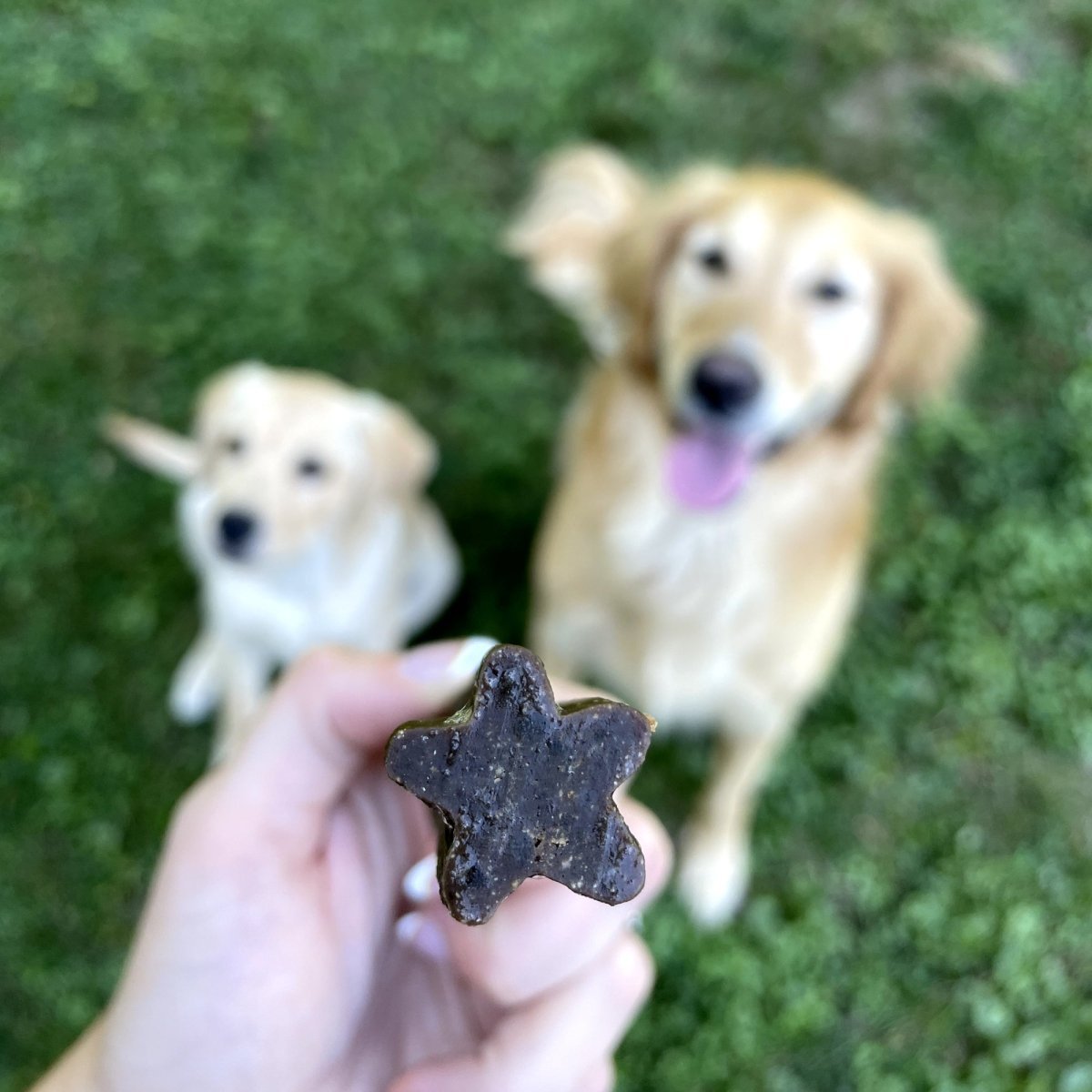
There are few things more complicated than loving dogs while having an allergy to them. It’s easy to feel a little hopeless when something you love is the source of your discomfort, sneezing, and itchy eyes. Luckily, there’s hope!
What causes dog allergies?
A common misconception with dog allergies is that a person who is allergic to dogs is universally allergic to all breeds. According to Mayo Clinic, this isn’t the case. With pet allergies, a person suffering an allergic reaction is being triggered by “proteins found in an animal’s skin cells, saliva, or urine.”
When an allergic reaction takes place, your body’s immune system responds to exposure by using antibodies that aim to protect you from the trigger it’s identifying as harmful. In the case of allergies, whatever is triggering you isn’t harmful and your body miscategorizing this trigger causes the allergic reaction.
Following exposure, a reaction might include signs that are or are like asthma (wheezing, coughing, difficulty breathing), sneezing, runny nose, watery eyes, swollen and blue-colored skin under your eyes, eczema, and more. While some may experience asthma-like symptoms, people with asthma might find that exposure to pets could exacerbate their asthma symptoms.
We’ve compiled a list of ways you can still maintain your passion for loving and caring for animals without compromising your health.
1. Consider “hypoallergenic” breeds — All dogs carry allergens that might trigger an allergic response. However, dogs deemed “hypoallergenic” are ones that are categorized as being hairless or shedding less. The problem is less about the hair on your dog but the ability of that hair to carry and distribute dander through shedding. A dog that is “hypoallergenic” may be a good option because they reduce your exposure through their lack of hair.
2. Opt for an allergy test to get a deeper insight into your allergies — As a dog lover, you know that dogs come in different shapes, sizes, and breeds. Different breeds may produce a different, lesser, or even, non-existent allergic response. If you or a loved one have an allergy to a dog, it might help to consider talking to a physician or allergist to take a deeper dive into your allergies to get a better sense of which dog triggers your allergic response.
3. Up your cleaning and grooming routine — You don’t have to have a dog to be exposed to the allergy-causing dander that clings to them. To avoid allergy-inducing triggers, you may have to increase your home cleaning and sell grooming regimen.
You can reduce the number of allergens in your home through diligent cleaning and regular grooming. Homes and bodies have sneaky places where the very allergens you’re hoping to avoid hide in plain sight. For example, in your home, there are plenty of cloth surfaces that may be holding on to dog allergens. Be sure to routinely clean your drapes, carpets, blankets, couches, and any other soft surface that might be holding onto these allergens.
4. Keep areas in your home that are dog-free — You can reduce your exposure to dander by keeping a few dog-free zones for those who suffer most, like the bedroom or an office. You can work with your dog to train them away from snuggling on some surfaces, too.
With these tips in mind, you may be able to help yourself surmount your dog allergy triggers. At the very least, you’ll be able to be more informed as you make decisions so that both you and your dog can leave comfortable lives at home.
--
Don’t let a road trip stop you from taking your pet along for the ride. Take a look at our tips for what to do when your dog gets carsick.
Looking for a treat on a budget? Look no more! Check out our dog treats and chews under $15.
Comments will be approved before showing up.

Dental chews keep plaque in check and gums strong. Read here to learn about nature's toothbrush!

Single-ingredient dog chews and treats are crafted using only one whole food source!

Check out our guide on different types of chews to help you decide on the best chew for your dog!